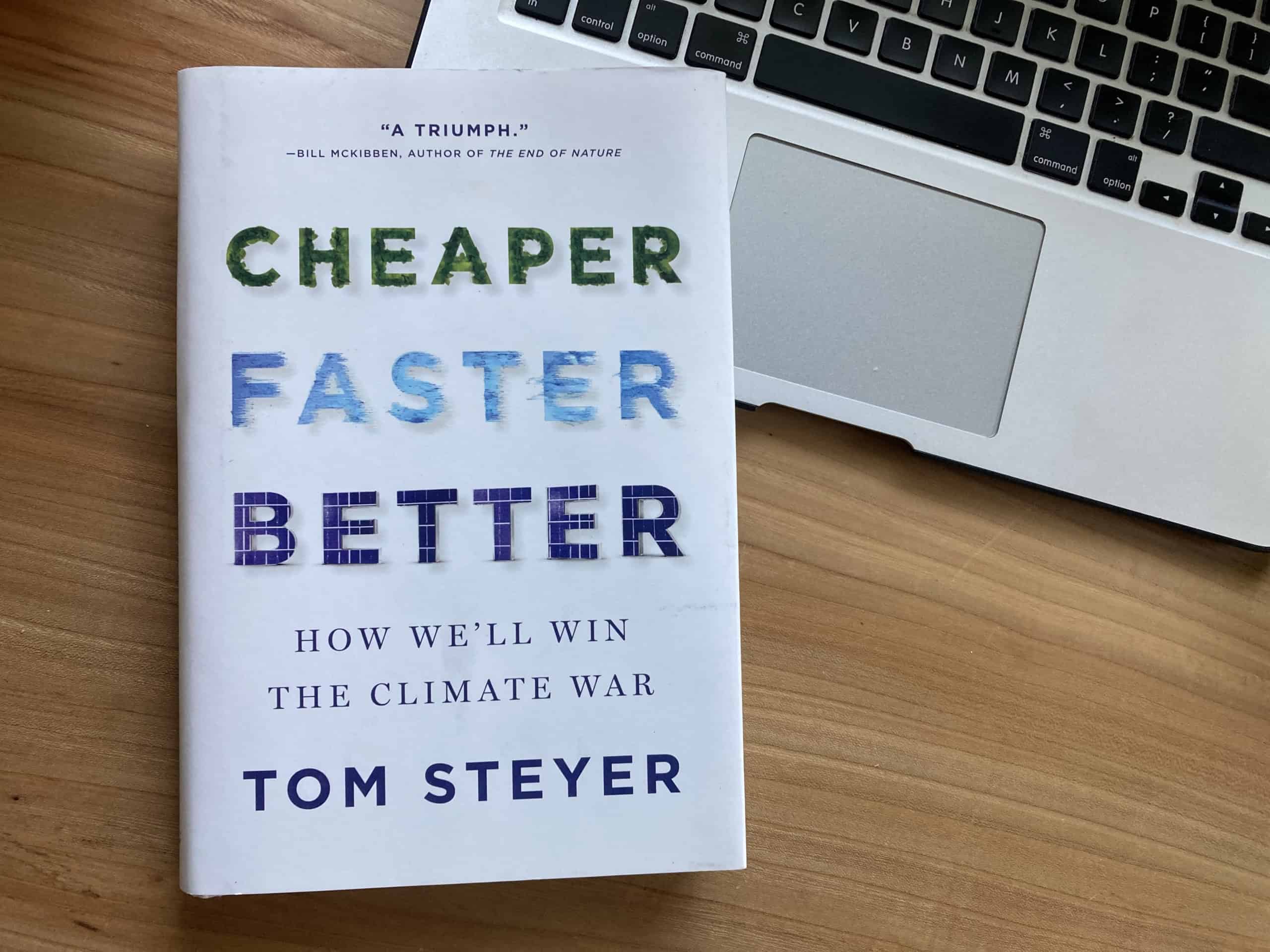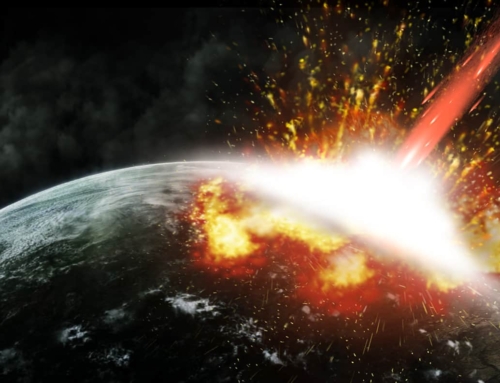I like Tom Steyer. I’ve supported his campaign and his grassroots organizations since 2015 because he’s a climate champion. He is an optimistic, strategic, and pragmatic thinker and this book is very much worth the easy read that it is. If you need a boost in well-reasoned climate optimism, this is the book for you. Besides, he’s a great story teller.
He is also an unabashed capitalist. This is not a “but” to recommending the book, it is an “and.” Too many times in the climate movement, we want to blame the opposition, or the system, or look for perfect solutions. For example, we need to replace capitalism so that we can do X, Y, or Z. Or until we change our culture to one based on love, empathy and caring, we can’t solve the climate problem. Steyer transcends this type of thinking. He has a very pragmatic view of what we need to do.
“What we need is a tool not just for creating change, but for convincing people around the world to embrace that change as quickly as possible. As it happens, we already have one. “It’s called capitalism.”
However, Steyer isn’t one of those free market idealogues. He simply believes that “markets are – for better and worse- the quickest way for human beings to change things at scale.” He has examples to back this up.
There are a couple of key concepts in the book that stuck me.
The first is that the fossil fuel industry, oil and gas, is dying. Coal is already dead. Yes, let’s have more of that! He outlines why this is and uses the whaling industry as an example. At the same time he has no illusions about how formidable the oil and gas industry is, as well as the right wing politicians they have in their pockets.
The second thing is that Steyer is a financial investor with a focus on new technology. One of his premises is that innovation and new technology will really help us solve global overheating. I appreciate his take.
I also differ with him. There is no doubt that many areas such as heavy industry will be difficult to decarbonize. There is also no doubt that innovation isn’t just restricted to technology, but also applies to finance, policy, and how we talk about the climate crisis.
But I am an 80/20 person. We have 80% of the solutions we need today to make a huge impact. I’m ok with investing in research and creating innovation, but don’t want to see them as a reason to delay. I don’t think he does either, but as I’ve written, be careful of silver bullet solutions. It’s a matter of balance. They are mostly good for the Lone Ranger and killing werewolves. And I hate it when we fall for silver bullets like fusion.
In one of my favorite subjects, Steyer recognizes that “being right isn’t everything.” He makes the moral, economic and technical arguments for change, but also sees the branding and communications problems we face. As I say, we need to tell better stories and Steyer does this.
This book is worth the read. More than that, it is worth the ideas. And that is where we succeed, in the marketplace of ideas.
Thanks for all you do. Let me know your thoughts.
We are all connected. Savor the Earth!’™
Hobie,
L. Hobart Stocking
SkyWaterEarth.com
hobart@skywaterearth.com
651-357-0110
Facebook: @SkyWaterEarthConnected
Twitter: @SkyWaterEarth








Leave A Comment